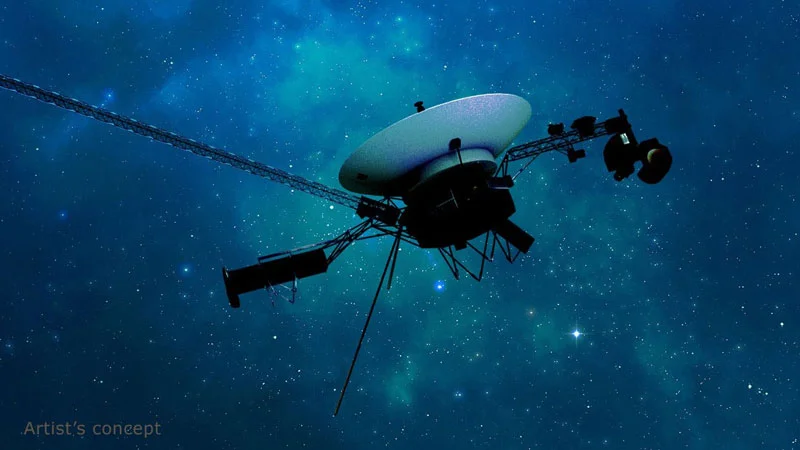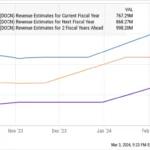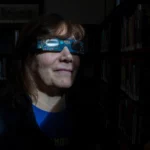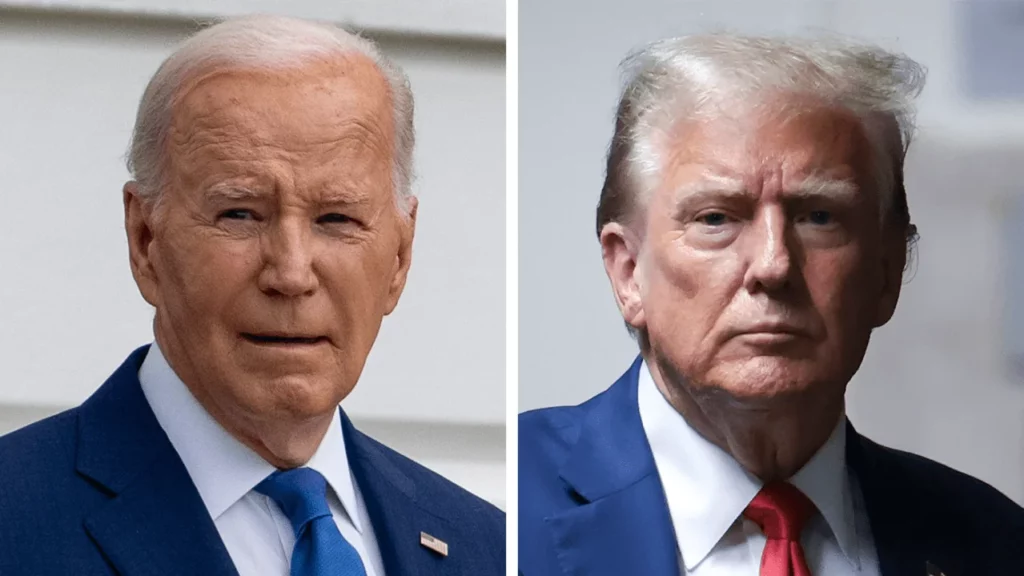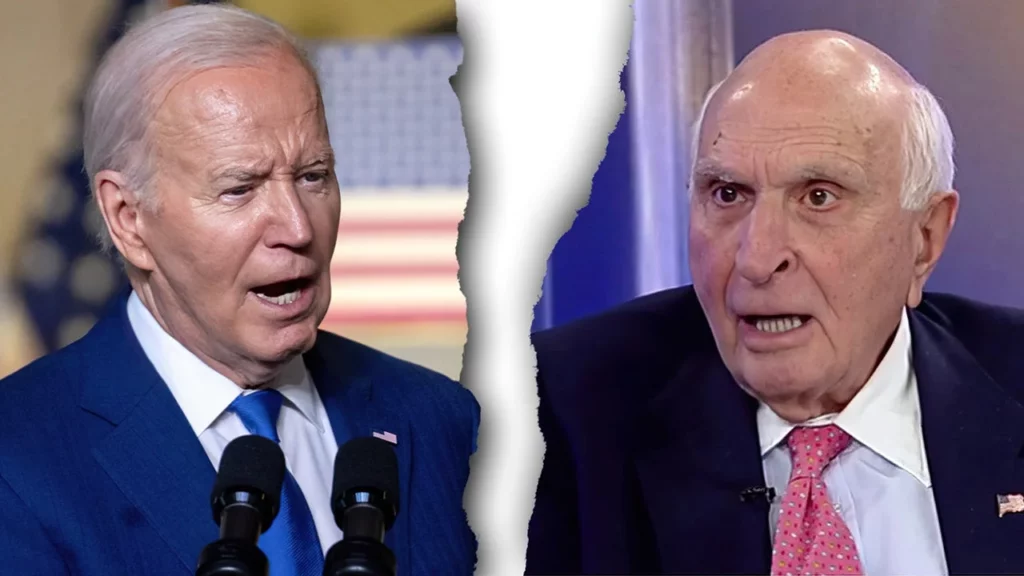Voyager’s Cosmic Conundrum: Between Nostalgia and Innovation
Launched into the great unknown in 1977, NASA’s Voyager 1 has embarked on a journey that has taken it beyond the fringes of our solar system, making it the most distant human-made object in space. As it ventures into interstellar space, Voyager 1’s recent transmission of ‘incoherent’ data has sparked a blend of concern and nostalgia among the scientific community and space enthusiasts alike. This event marks a poignant moment in space exploration history, encapsulating the challenges of maintaining communication with a spacecraft nearly 50 years into its mission.
The Emotional and Scientific Stakes
Voyager 1’s current predicament is likened to watching a revered old relative enter senility. The spacecraft, renowned for its monumental discoveries and contributions to our understanding of the outer planets, now sends back data that confounds more than it clarifies. This scenario raises crucial questions about the longevity of human-made explorers and the inevitable decline of their capabilities over time.
Engineering Meets Legacy
NASA’s dedicated team, armed with yellowed documents and decades-old knowledge, is fervently working to decode Voyager 1’s mysterious signals. This effort highlights the unique intersection of pioneering space exploration technology from the 1970s with contemporary problem-solving strategies. It underscores the enduring human desire to explore, understand, and connect with the cosmos, even as the tools we use to do so reach the end of their operational lives.
Future Horizons
Despite the uncertainties surrounding Voyager 1’s future, its journey continues to inspire plans for new missions aiming to push even further into interstellar space. These endeavors reflect our unquenchable thirst for knowledge and the unbreakable spirit of discovery that propels humanity beyond our earthly bounds. As Voyager 1’s signals waver, its legacy endures, reminding us of the vast, unexplored spaces that await and the relentless curiosity that drives us forward.
